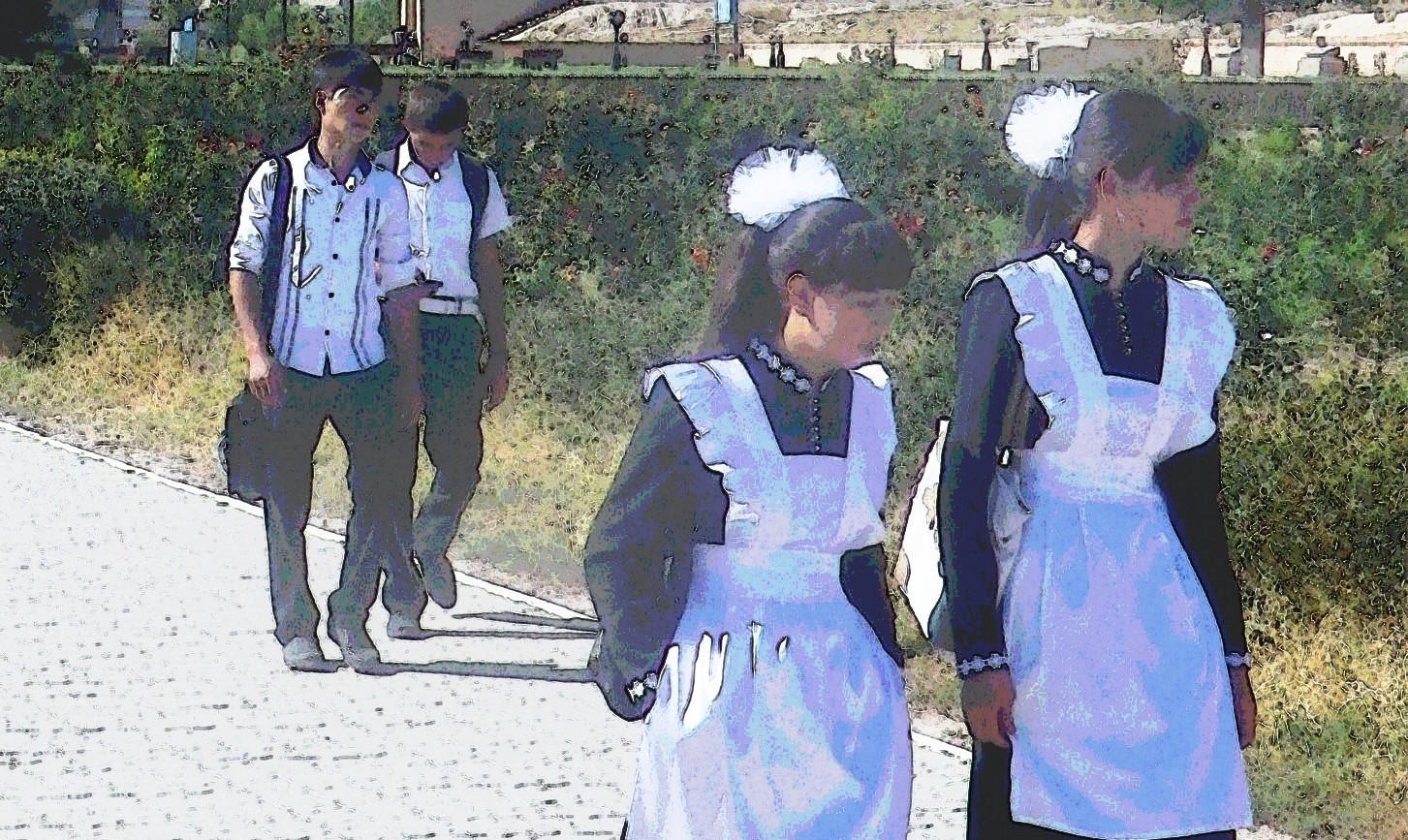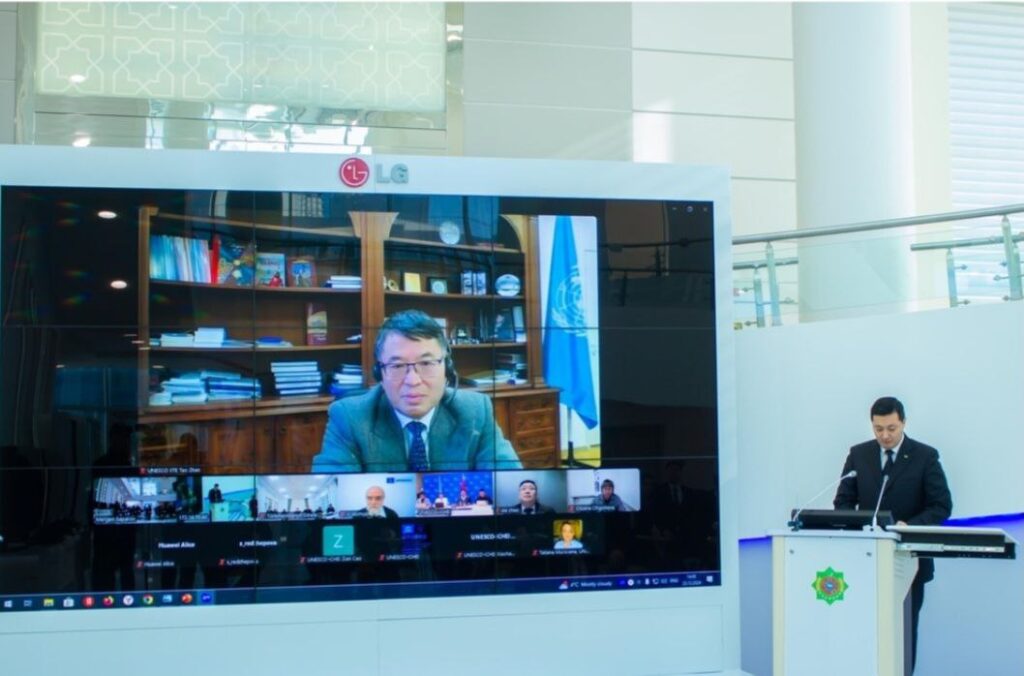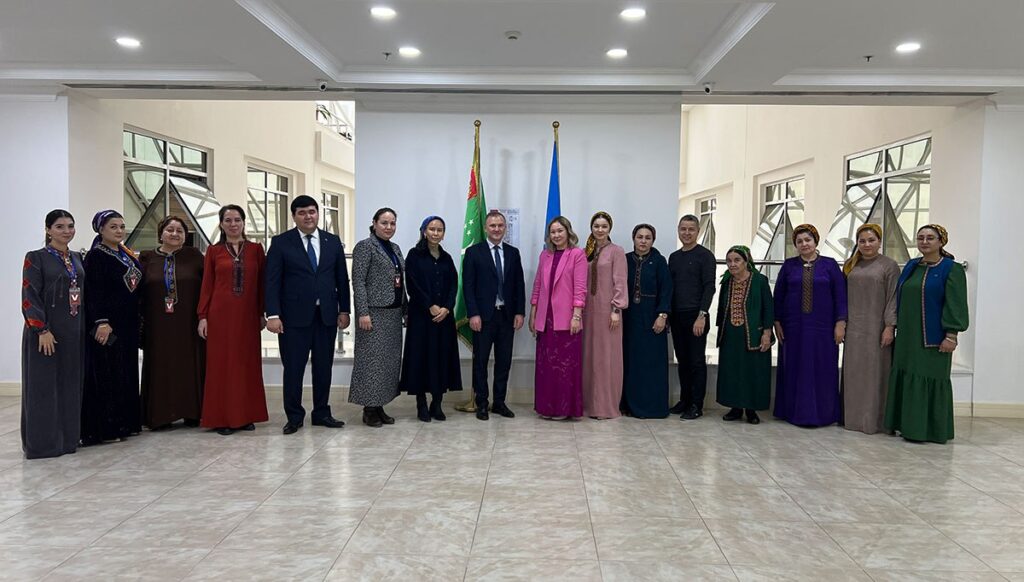From childhood, boys and girls in Kazakhstan are raised with clearly defined roles based on gender stereotypes. These attitudes are instilled through the family, media, and educational system, creating pressure on children to conform to specific expectations. Boys are prepared for leadership and career success, while girls are prepared for family life and the role of model kelinka (daughter-in-law).
The UNDP Analytical Report (2024) emphasizes that patriarchal attitudes still persist in Kazakhstan. These stereotypes are transmitted through key institutions of socialization, including the family, educational institutions, and the media, and shape the perception of gender roles as strictly fixed.
Expectations for boys and girls are established from an early age.
For boys, parents often buy cars, construction sets, and tool kits, reinforcing the idea that a man is a protector, provider, and builder. Boys are expected to do well in school and go to university. The phrase “You are a man; you must be strong” often defines their upbringing. It is believed that a boy should be raised to be independent and able to earn money.
Daniyar, 20, student from Almaty:
“When I was a teenager, I was constantly told that I should be responsible and strong. Crying or showing weakness was considered a shame. I couldn’t even express my emotions freely. I think this had a big impact on my worldview.
Madiyar, 22, artist:
“Like many boys, I faced the belief that creativity was not for men. Until I achieved some success, my parents constantly discouraged me, not because it didn’t seem lucrative, but simply because I’m a man.”
Girls are given dolls, toy kitchens, and dishes from an early age to instill domestic skills. Parents often say: “You must learn to cook to be a good wife.” Girls are taught to be obedient, modest and caring. Family conversations often boil down to the fact that a girl should marry and become an exemplary kelinka, responsible for caring for her husband, his parents, and their children.
Aizhan, 25, Taraz:
“When I was a child, my brother could do whatever he wanted – go out, play with friends, but I was constantly told: “Wash the dishes” or “Learn to cook, who will marry you otherwise?”. No one talked about my education, it was considered not as important as being able to bake baursaks (a Kazakh sweet bread).”
Karima, 26, a teacher from Astana:
“In our family, education for girls was not considered a priority. I was often told: “You will get married, why do you need higher education?” I had to fight this stereotype to go to university.”
Lera, 21, student, Astana:
“I didn’t really face any problem in choosing a profession. My parents encouraged my choice to enroll in physics. However, at the university, gender inequality is rampant. Some professors are always saying that math is not for women or that we came here to find husbands. I think that’s a big problem, too.”
In addition to parental guidance, traditional Kazakh gender roles are reinforced through the media.
Traditional gender stereotypes are frequently reinforced in Kazakhstani media through advertisements and TV series. In advertisements, women are often portrayed as housewives taking care of the family and doing household chores, while men are portrayed as successful professionals and leaders.
For example, in a study on gender stereotypes in Kazakhstani advertising, it is noted that women are often shown in the context of family responsibilities, emphasizing their role in the household, while men are portrayed in the professional sphere, emphasizing their career achievements.
Media images are supplemented by social pressure. For example, families often ask women aged 20-25: “When are you getting married?” or “Why aren’t you a kelinka yet?” For men, questions about marriage focus on the need for them to “achieve something in life” in order to be worthy grooms.
The gender roles that are laid down in Kazakhstan from childhood are deeply rooted in culture, but society is gradually beginning to redefine them. A difficult but necessary step is to educate the new generations without prejudice so that boys and girls will grow up free from the expectation that their choices are limited by gender.








